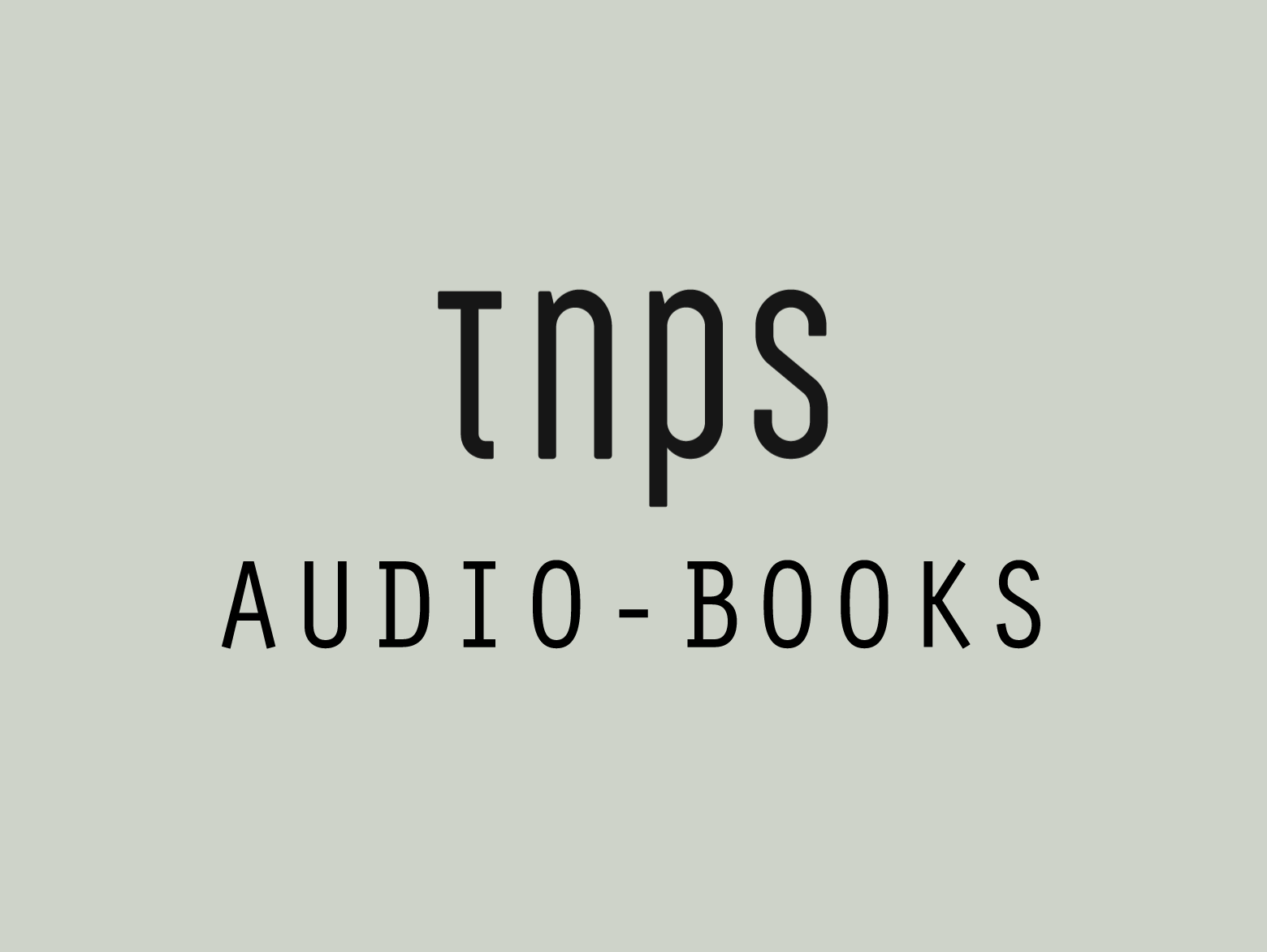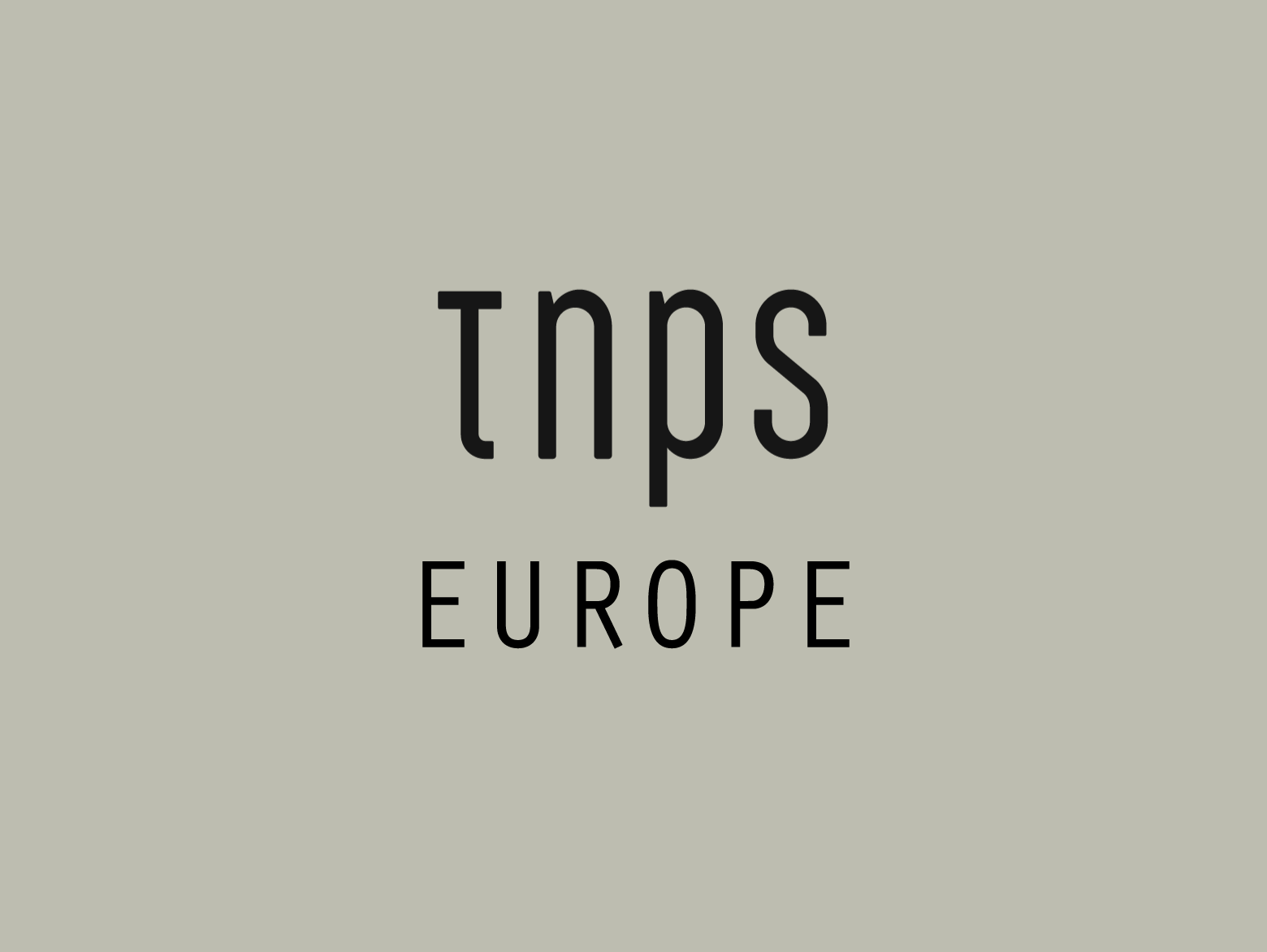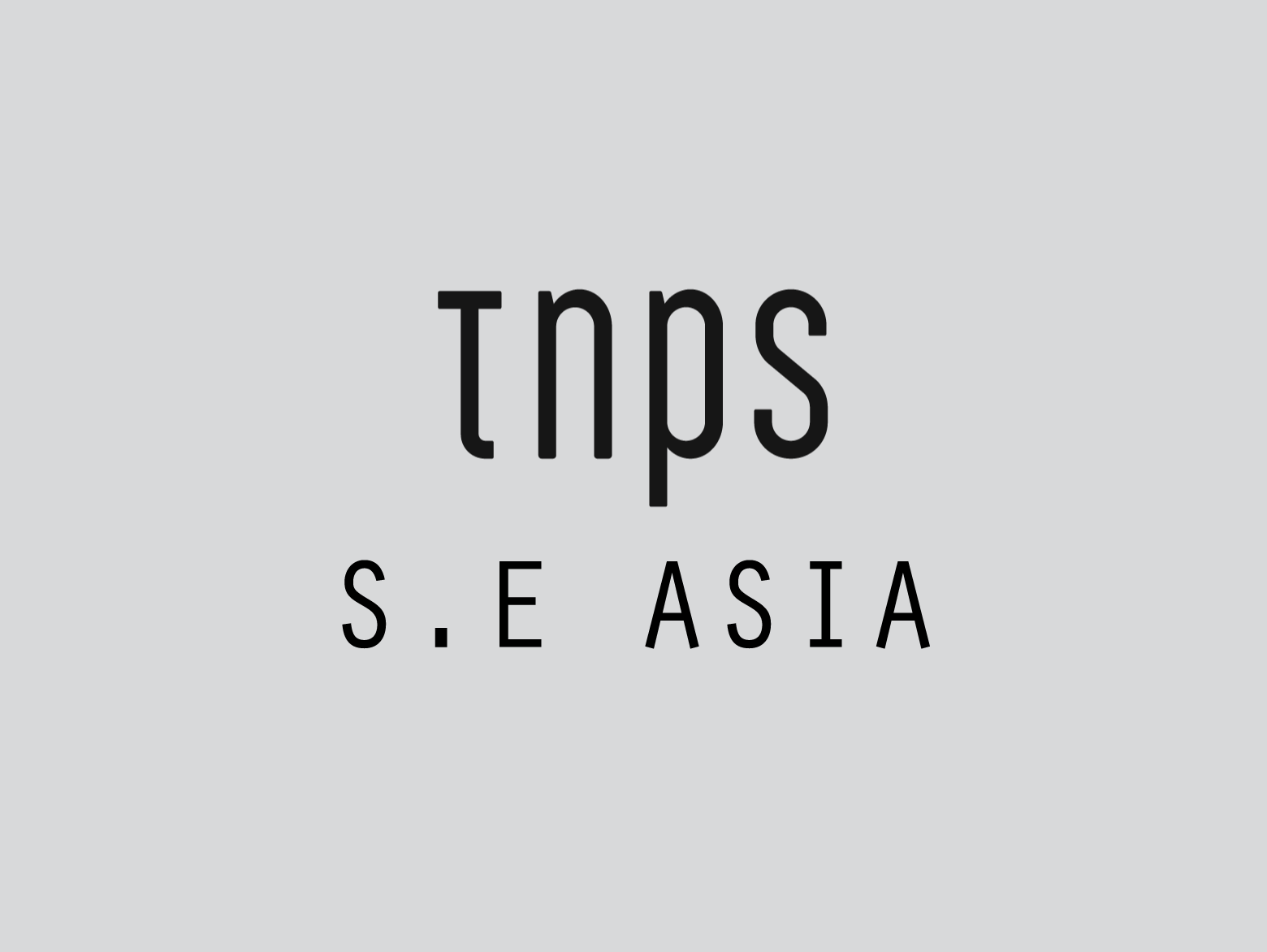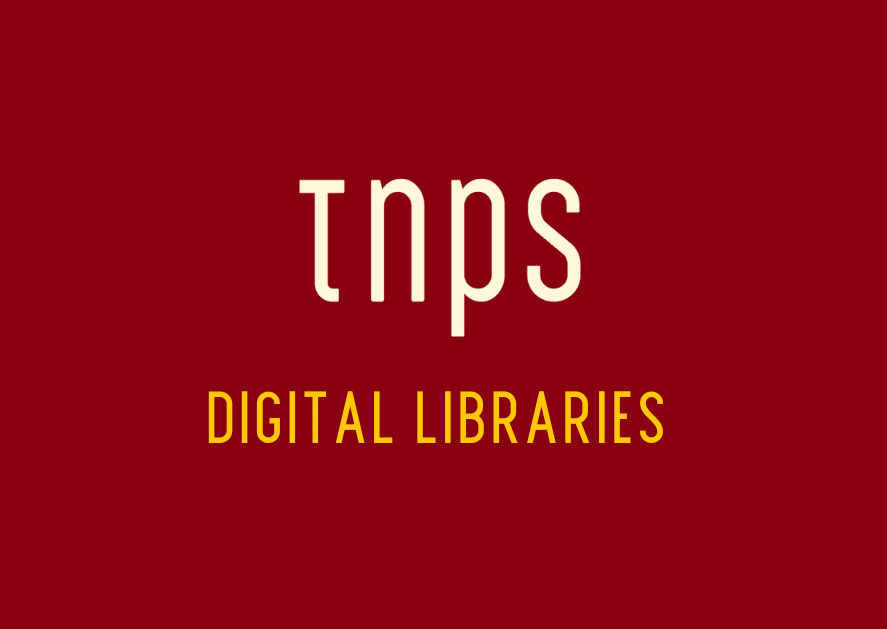As the Market Focus country at the 2019 London Book Fair, Indonesia’s National Book Committee was hoping to secure 50 title sales to add to the 1,200 it has collected since its establishment in 2015.
As the fair drew to a close 23 sales had already been signed on the spot, and with 12 countries expressing interest in a further 408 titles it will need less than a 10% conversion to beat the target.
Nor was it just books where the deals were happening for Indonesia. The Jakarta Post reports Amazon UK snapped up distribution rights for the award-winning Battle of Surabaya animation movie, vindicating the ripples theme the National Book Committee adopted for #LBF19. As the Post explained,
Books are able to create ripples to other content-based industries, as embodied in the logo and production design of the national stand for the fair.
The ripples of course represented Indonesia’s status as a nation of 17,000 islands, and as well as books and video the Indonesia Book Committee had laid on arts, food, comics and board games, and not just in the exhibition centre. Further events happened around the city to drive home the pleasures of Indonesia.

As part of the exhibit a live three-day mural painting exercise took place.
For three days, artist Muhammad “Emte” Taufiq conducted a live-drawing session in the Indonesian pavilion at Olympia Hall. At the end of the fair, the white walls were adorned by blue-black murals showing the richness and diversity of Indonesia’s oceans.
But our remit here is books and publishing, and it seems there was a good time to be had by all with five distributors from the UK, Europe and US signing agreements to deliver English-language content to the US, UK, EU, Australia and India.
As to the book deals that were signed at the event, the Post reports,
On the first day, 12 titles by Asta Ilmu Publishing were sold to Singapore Asia Publication to be distributed to Australia, Malaysia, Thailand, India and South Africa. On the second day, eight titles by Mizan were sold to a UK publisher and one title from Kepustakaan Populer Gramedia (KPG) was sold to a Portuguese publisher. On the last day, two titles by Rumah Pensil were sold to Sapasar Literary Agency to be distributed in Malaysia.
There are two key takeaways here:
First, that it seems western publishers and distributors are cautious about the travelling power of Indonesian content.
Titles that had been translated into English found distributors willing to try sell in the US and UK markets, while original content in need of translation appears to have found interest mainly in the Pacific Rim nations.
Of course, that’s only for the sold-so-far titles and the other 400 or so titles, if they become finalized deals, may paint a different picture.
But my guess is US and UK publishers especially will be reluctant to spend time and cash on researching original content from countries like Indonesia, and the National Book Committee should look to encourage Indonesia publishers to invest in translations into global languages, the better to find willing partners and expand Indonesia’s publishing horizons.
The second key takeaway here, from this post, from other coverage and from studying the Indonesian exhibitors list at #LBF is that Indonesia’s National Book Committee has yet to come to terms with the pace of digital change in Indonesia.
Nineteen years ago Indonesia had just 2 million people online.
Today the number is 143 million, making Indonesia the 5th largest country in the world by internet users, yet still at only 54% penetration.
You wouldn’t know that by looking at the Indonesian digital engagement happening at #LBF19, where you might be forgiven for thinking it was still #LBF09.
But in fairness to the National Book Committee, there is the classic chicken and egg problem in Indonesia when it comes to digital books.
Put simply, Amazon and Apple don’t want to know. That’s not to say Amazon isn’t interested in Indonesia, just not in its publishing industry. The same goes for Apple, which is happy to sell devices but not book content.
Google Play is there, but hasn’t made any serious effort to leverage its advantage. Kobo is there but again, it’s not there in any meaningful way. Indonesian readers can buy content from the Kobo US store at US prices, but of course only if the publisher has enabled territorial rights.
The main domestic player, Gramedia is not to be dismissed lightly, but there simply isn’t adequate investment in ebook and audiobook infrastructure in Indonesia right now such as to incentivise Indonesia publishers to digitise more, and likewise the poor infrastructure acts as a deterrent to foreign content suppliers taking books and audio to this exciting market.
And that’s a crying shame, because this nation of 17,000 islands cannot in any meaningful way deliver physical, printed book content to every reader who might be interested. Outside the big cities the logistics of print simply aren’t up to the challenge.
Digital, on the other hand, offers untold opportunities to reach readers and listeners no matter where they are in this beautiful country.
It’s 2019, not 2009. TNPS invites the Indonesian National Book Committee to join us to debate the possibilities and embrace the opportunities.
Indonesia’s authors, publishers and readers deserve no less.





